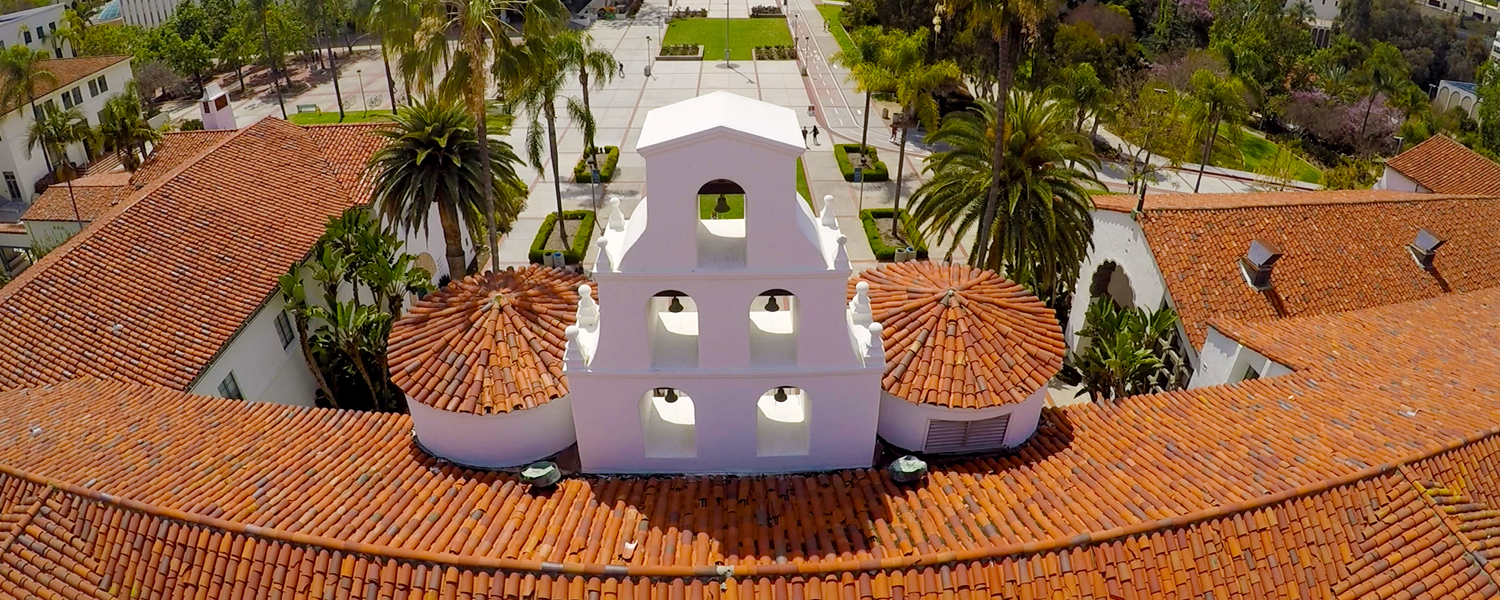Research Projects & Reports
The Institute for Regional Studies of the Californias has a number of applied research topics on issues related to the U.S.-Mexican border region and borders elsewhere as well as the Baja California Peninsula. These projects were carried out by teams of researchers drawn from the faculty of San Diego State University, Mexican universities, and other regional and international universities. In addition, most of the projects involved practitioners and community members.
Reports
- Opportunities for Regional Collaboration on the Border: Sharing the European Border Experience with the San Diego/Tijuana Region, Author: Dr. Freerk Boedeltje: White Paper | Presentation
- (PDF) The Flow of Used Tires from California to Mexico and Waste Tire Disposal Issues in Baja California and the Adjacent Area of Sonora (2017)
- (PDF) El Flujo de Llantas Usadas desde California hacia México y Asuntos de Disposición de Llantas de Desecho en Baja California y la Zona Cercana de Sonora (2017)
- (PDF) Tijuana River Watershed Binational Vision
- (PDF) Tijuana River Watershed Binational Vision Addendum

